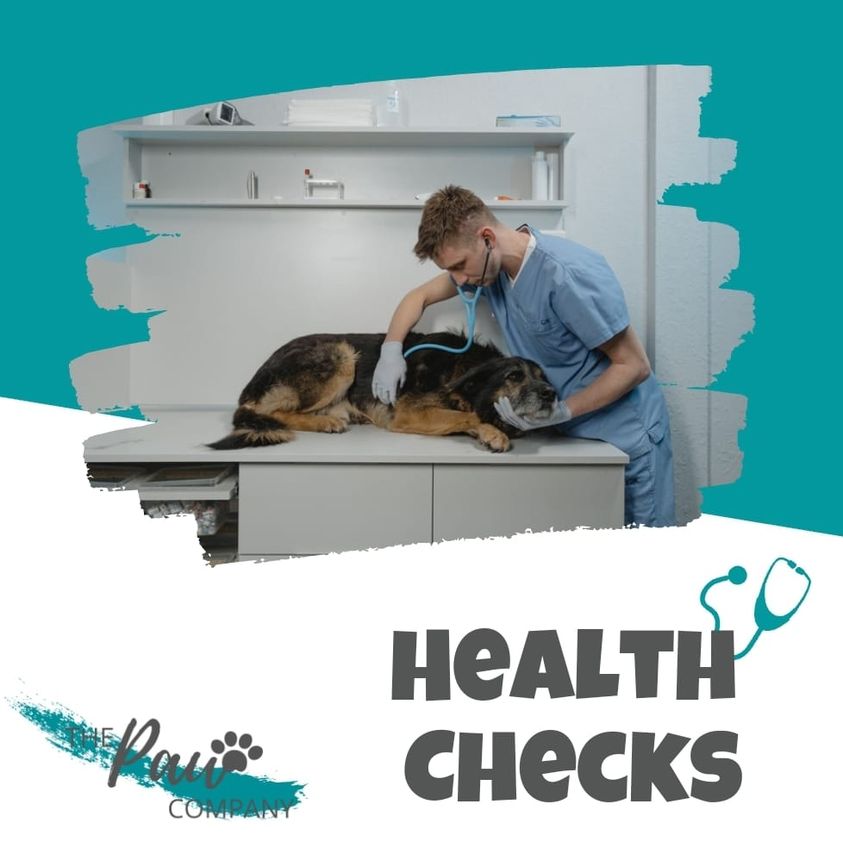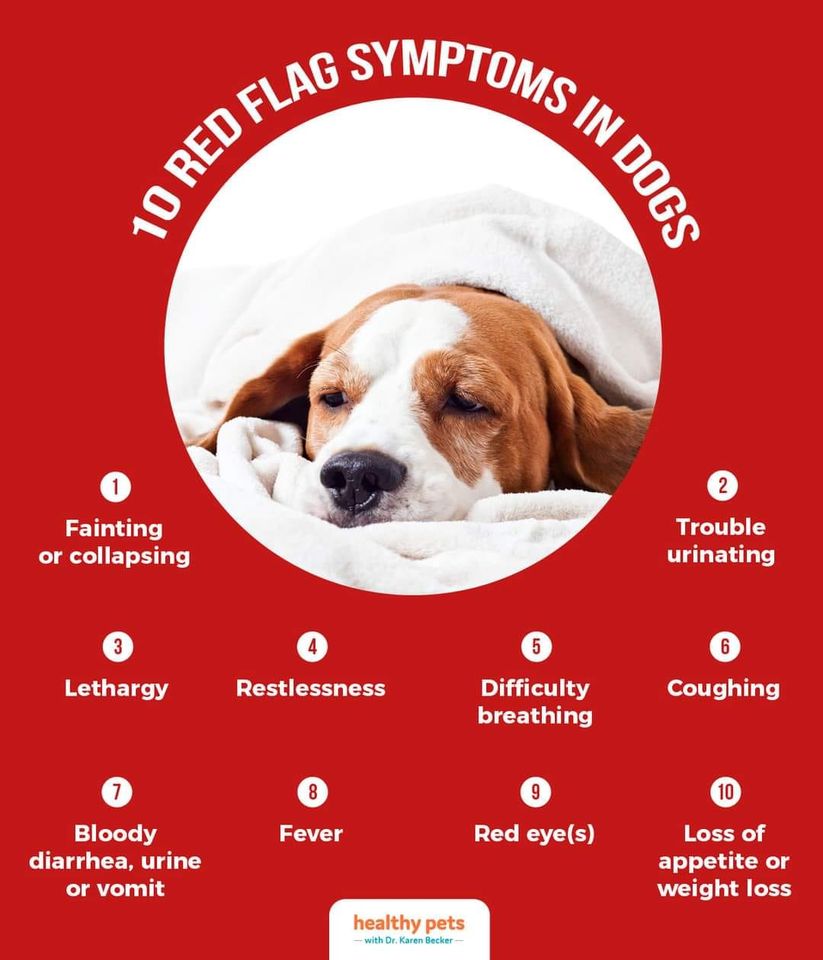
REGULAR HEALTH CHECKS ON OUR PETS BETWEEN VET VISITS IS A PROACTIVE TOOL FOR THEIR WELL-BEING.
Our pets might get sick or injured and need veterinary care, but we can also add many tools to our toolbox, like health checks at home, to help prevent conditions from occurring in the first place or manage them better to allow our pets to live long and happy lives. Being informed and understanding what illnesses and conditions our pets might face is key to longevity. It is important to do regular health checks on your pets by inspecting their body from head to toe every week and making notes.
I fully support annual or even bi-annual health checks at your vet, including blood work. Our pets age faster than we do, so their bodies are rapidly changing. When they reach their senior years, a health check is recommended every six months instead of annually to ensure the detection of illnesses and make them easier to treat. Between visits, you can keep a close eye on your pet’s health by conducting an at-home physical exam (demo video). Physical “inspection” touch regularly with some positive re-enforcement can also help make that vet visits more comfortable.

HEALTH CHECK-LIST
- Behaviour
- Body condition
- Skin & coat
- Eyes & ears
- Nails & paws
- Nose & mouth
- Stool check
- Vitals (heart rate, breathing, body temperature etc.)
- Weigh your pet and review their diet
BODY
This is an overall examination of your pet by feeling around the body, limbs and tail for any potential problems. When you feel over your pet’s body, you should be able to feel their ribs, but it should not be sticking out or under a large layer of fat. Feel for lumps, bumps or injuries. You can also observe their body language and whether they appear lethargic, depressed or in pain. Body language can tell you a great deal about how they are feeling.
TEETH
You can lift their lips and have a good look at their teeth and gums. Check for:
- Broken or missing teeth
- Sores or mouth and tongue injuries
- Red and swollen gums
- Stinky breath
- Bloody gums
- Tartar or plaque build-up
COAT & SKIN
Feel over your pet’s fur and skin and look at its appearance. Check for:
- Tick or fleas
- Dull and hard or thinning coat
- Skin lesions, sores, red patches, itchiness, bald patches or scabs
EARS
Their ears should be clean with no foul smells coming from the ear. Check for:
- Shaking head or holding the head tilted to one side
- Rubbing ears against objects like furniture
- Abnormal earwax other than yellow/brownish
- Swelling
- Redness
- Ear mites
NOSE
A wet nose is normal, but a dry nose might not be totally abnormal. Check for:
- Crusting
- Discharge
- Wheezing sounds
- Cracking of the skin
EYES
Eyes should be bright and clear. Check for:
- Redness
- Swelling
- Abnormal blinking
- Inflamed or swollen eyelids
- White spots in the eyes
- Any debris or objects
- Puss or discharge
BATHROOM HABITS
Although what your pet eats and drinks can influence the appearance of the faeces, their stool can give an indication of their general health. I do almost daily poop-patrol so I can pick up if something is wrong. It should be looked at within context and not as a diagnostic tool on its own. Check for:
- Diarrhoea
- Blood or mucus
- Signs of worms
- The urine should be clear, yellow with no blood
Watch this video for more on what their poop might mean.
RED FLAG SYMPTOMS
The following are red flag symptoms that should never be ignored. Consult with your veterinarian as soon as possible.
- Fainting, collapsing
- Difficulty breathing
- Trouble urinating
- Pacing, restlessness, unproductive retching
- Lethargy, extreme fatigue
- Bloody diarrhoea, urine, vomit
- Loss of appetite, weight loss
- Coughing
- Fever
- Red eye(s)
Read the full article on these symptoms .

HOW CAN YOU IMPROVE YOUR PETS HEALTH?
Three pillars that form the foundation for your pet’s health, quality of life and longevity include:
1. Species-appropriate nutrition
2. A balanced, functional immune system
3. A sound, resilient frame
Read more about the three pillars here.
Small changes make a huge difference to your pet’s life, and they are easy to do. Here are a few simple tips:
- Keep your pet’s weight maintained and feed a balanced, nutritious and species-appropriate diet.
- Do weekly health checks.
- Regular grooming, nail trims and claw care, especially for older pets.
- Exercise at the pace set by your pet.
- Keeping on top of vaccination, tick, flea and worm treatments. Work with a veterinarian who titers rather than just re-vaccinates.
Read more on how to choose a good vet and questions you should ask your vet.
Check out this pet health-related index.
Important note: Please make sure that your vet and their staff are actually qualified. Just because they wear scrubs does not make them qualified! Do your homework well. Asking animal welfare organizations which vets they trust is a good start! If you are aware of any staff performing veterinary work without being registered at the SA Veterinary Council, please report this to The Paw Company or the SAVC.
Also read how to help your noise-phobic pet during stormy weather.
Your pets are your responsibility and withholding necessary medical care, is considered neglect and a case of animal cruelty can be opened against you. Please report any neglect or suspected cruelty to your nearest SPCA or the NSPCA. Don’t ask advice from unqualified people on the internet or Dr. Google. We have seen some terrible advice being dished out which could endanger your pet.
Do regular health checks on your pet and when in doubt, always go to your trusted vet! By helping your pet lead a healthy lifestyle and seeking proactive preventive veterinary care, you can minimize healthcare costs while maximizing longevity.
Next week we will look at aggressive behaviour with pets.
WHEN YOU KNOW BETTER, DO BETTER!
Disclaimer: I am not a veterinarian. Although I do a lot of research and write on these topics, the advice always comes from qualified individuals. You must consult with qualified individuals about your pet’s health.